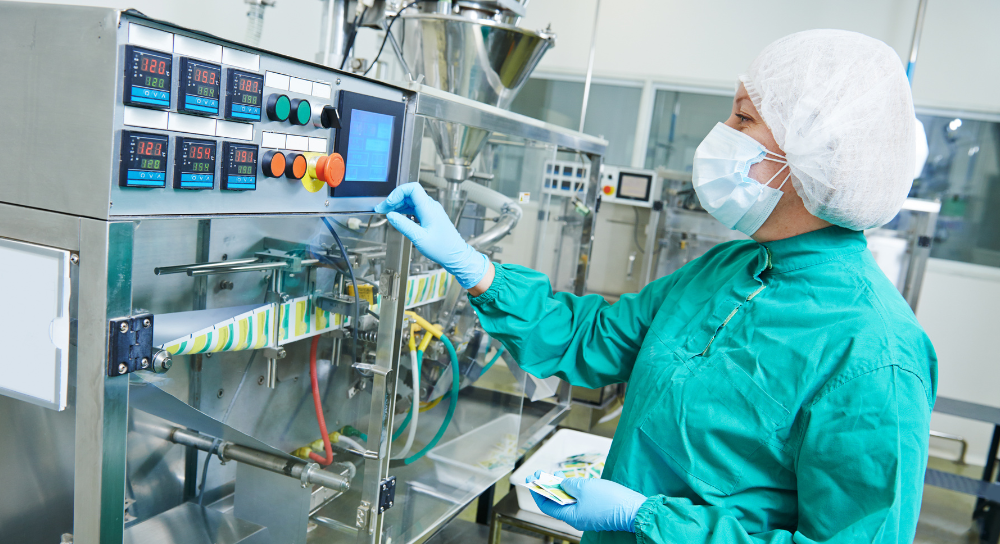What is a CSV Engineer and how do you become one?
Digitisation is transforming all corners of the pharmaceutical industry, particularly in areas that experience vast amounts of data handling.
From drug discovery all the way through to drug manufacture, processes are becoming increasingly digitised, and with it comes a growing demand for qualified, tech-focused talent.
One particular role we are seeing a great need for in the current market is that of a CSV engineer.
What is CSV?
CSV, or Computer Systems Validation, is a niche specialism within the validation stage of pharmaceutical manufacturing.
Validation is vital for the safe and efficient production of medical products; it is when data from testing is gathered to show that the manufacturing processes are following regulations and consistently producing reliable results.
What does a CSV engineer do?
Responsible for planning, writing and reviewing computer protocols, CSV engineers ensure that all GxP computer-based systems operate correctly.
This includes providing documentation showing that the computerised systems and validation software are meeting current regulatory requirements.
Day to day, they will:
Compile and review validation data
Write and review validation documentation and protocols
Implement process upgrades
Keep on top of field advancements and updates to regulations
How do I become a CSV engineer?
Get Qualified
The minimum requirement for a CSV Engineer is to hold a bachelor’s degree in a science, engineering or technology focussed discipline.
However, with it being a particularly specialised pathway, you may need to look into further specialist training or gain relevant experience with validation software within a related CQV role.
Build your skillset
Knowledge of cGMP and GxP: You must have a good grip on current Good Manufacturing Principles (cGMP) and a solid understanding of GxP computerised systems.
These systems will encompass a variety of compliance and management software used to store data and keep the company in line with regulations.
Written communication skills: writing and reviewing reports, protocols and documents are a large part of the role. You must document your findings to succeed as a CSV engineer accurately.
Teamworking: you will likely work alongside a team of engineers within a wider CQV team, so you need to be able to work collaboratively. You will work with people across the manufacturing process and be able to discuss any defects found and plans to rectify them efficiently.
Detail-oriented: validation is an incredibly specific and detailed area of manufacturing. One small error could be catastrophic to the company, so you will need to be able to identify when something isn’t right and correct it quickly.
Build your CV
As with all CVs, it is a good idea to tailor your CV to the specific role you are applying for.
Hiring managers and recruiters take 6-7 seconds to assess a CV's suitability.
Ensure you match your skillset to the job you are applying for, leading with your education, additional training and relevant experience.
Don’t forget to mention the soft skills you also have that make you an excellent fit for the advertised CSV Engineer job.
Get in touch with Quanta
One last surefire way to land your dream CSV job is to contact an expert Life Sciences recruitment agency like Quanta.
We have worked in the Life Sciences recruitment space for over 20 years and are specialist Commissioning, Qualification and Validation staffing suppliers.
Check out our live life sciences job vacancies here or contact our team directly.
Frequently Asked Questions
How much do CSV engineers make in the UK?
Entry-level CSV Engineers may earn between £30,000 to £40,000 annually.
With more experience, specialisation, or seniority, salaries can range from £50,000 to £70,000 or more, especially in major cities or for large corporations.
What is CSV qualification?
CSV qualification refers to the processes and protocols ensuring computer systems comply with set regulatory standards.
It is part of the validation process to confirm that systems function as intended and meet the predefined specifications for their intended use.
The qualification can be segmented into stages, such as IQ (Installation Qualification), OQ (Operational Qualification), and PQ (Performance Qualification).
How much does a CSV Automation Engineer earn?
A CSV Automation Engineer specialising in automating validation processes typically commands a higher salary due to the added layer of expertise.
In comparison, salaries can widely differ based on various factors.
As of 2021, an average CSV Automation Engineer in the UK might earn anywhere from £40,000 to £60,000 annually.
Those with significant experience, additional certifications, or in senior roles in high-demand areas might earn even more.





.png?v=ef657cde43ba24ed87f5c9cd2335343e)
.png?v=9e806bf3adf73e8c54ae39397e40f59f)
.png?v=f4415dae74d7fb166af53f9c3a40a76a)